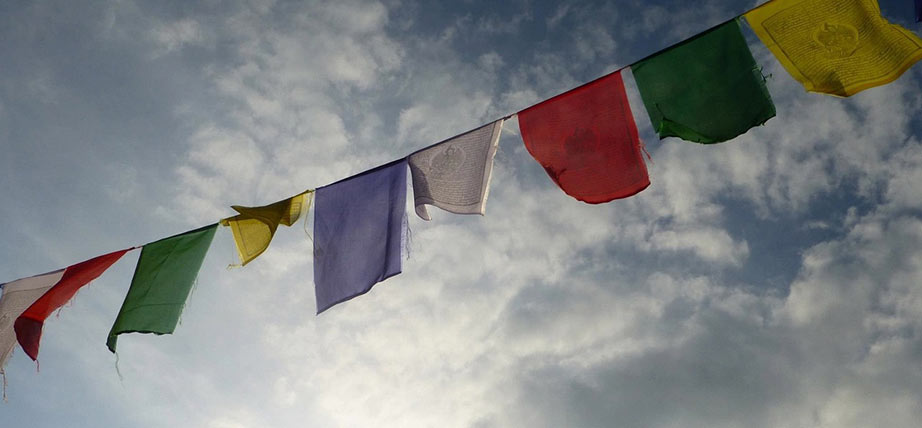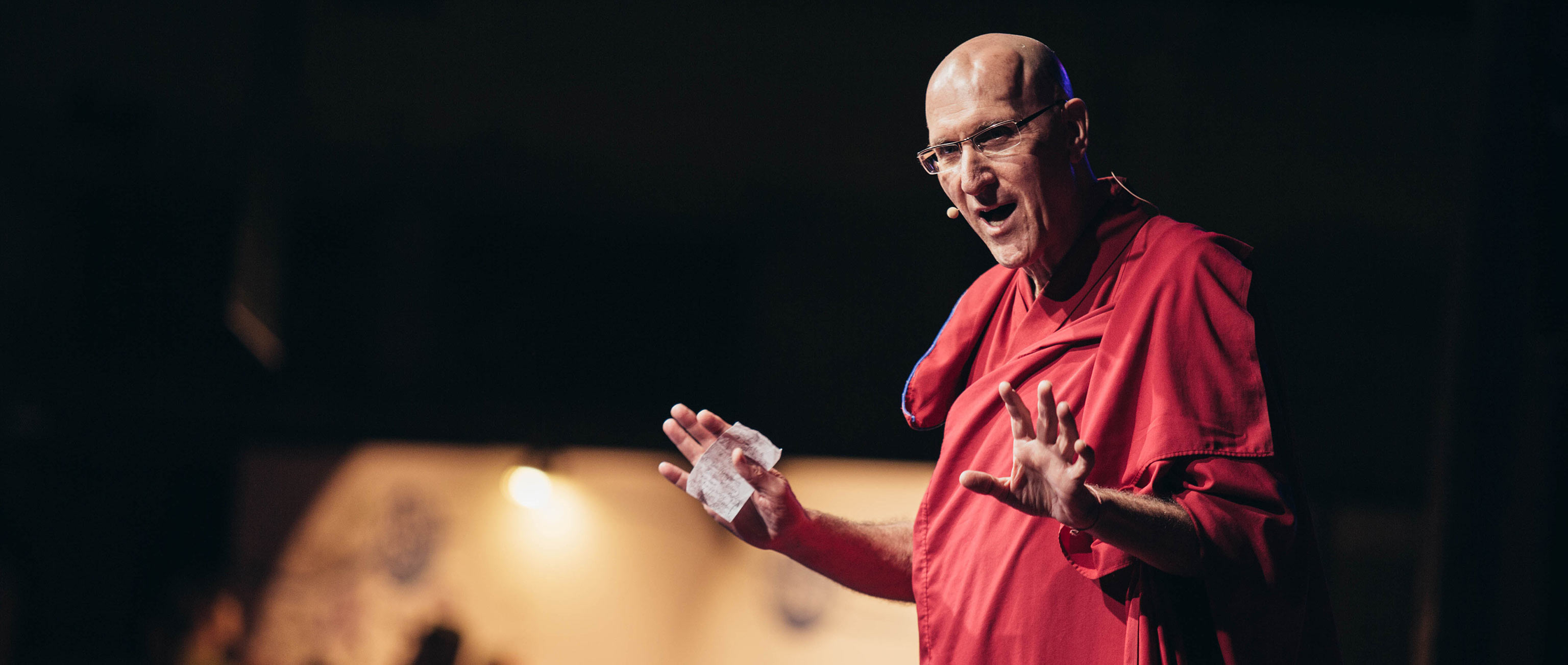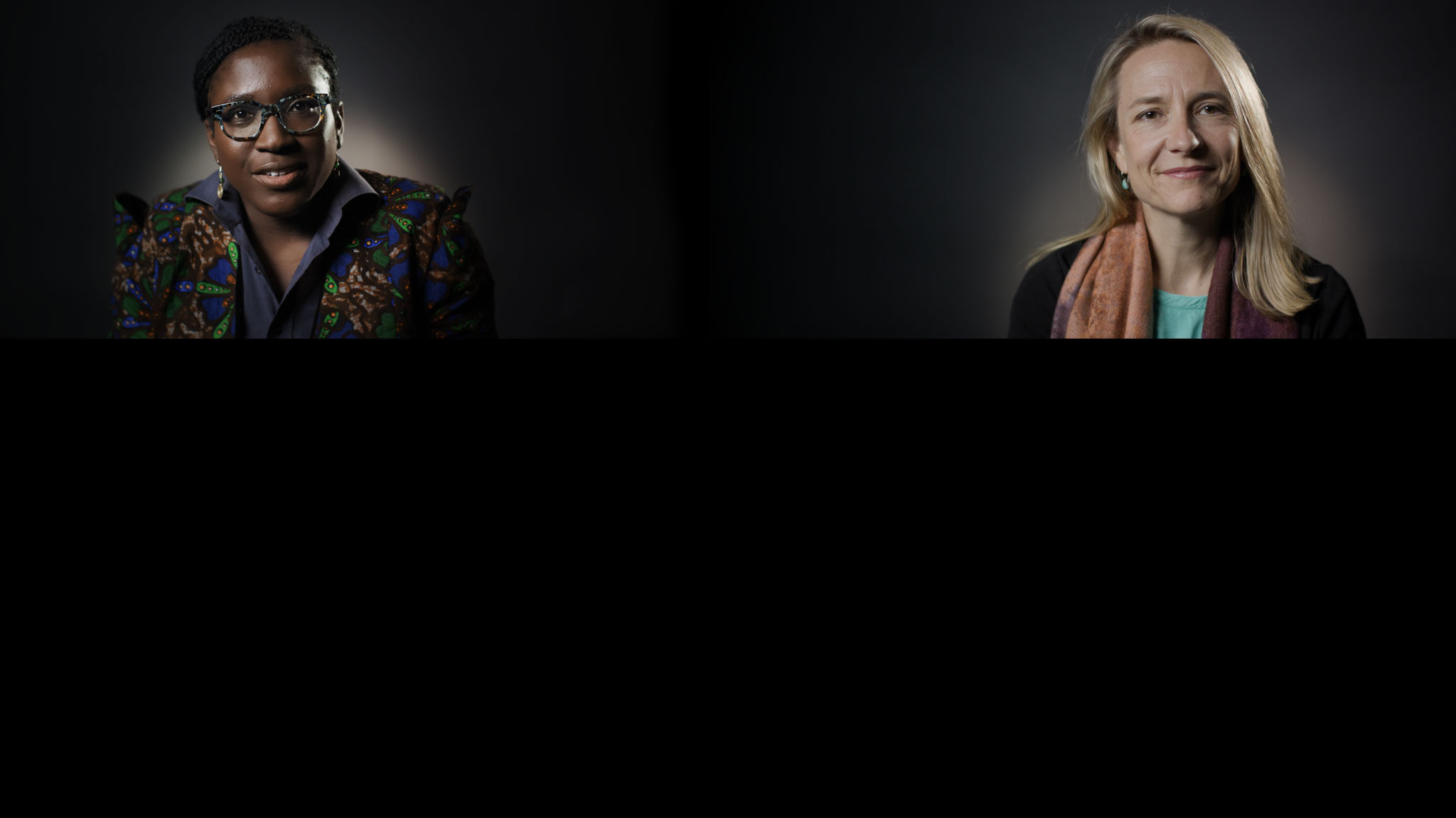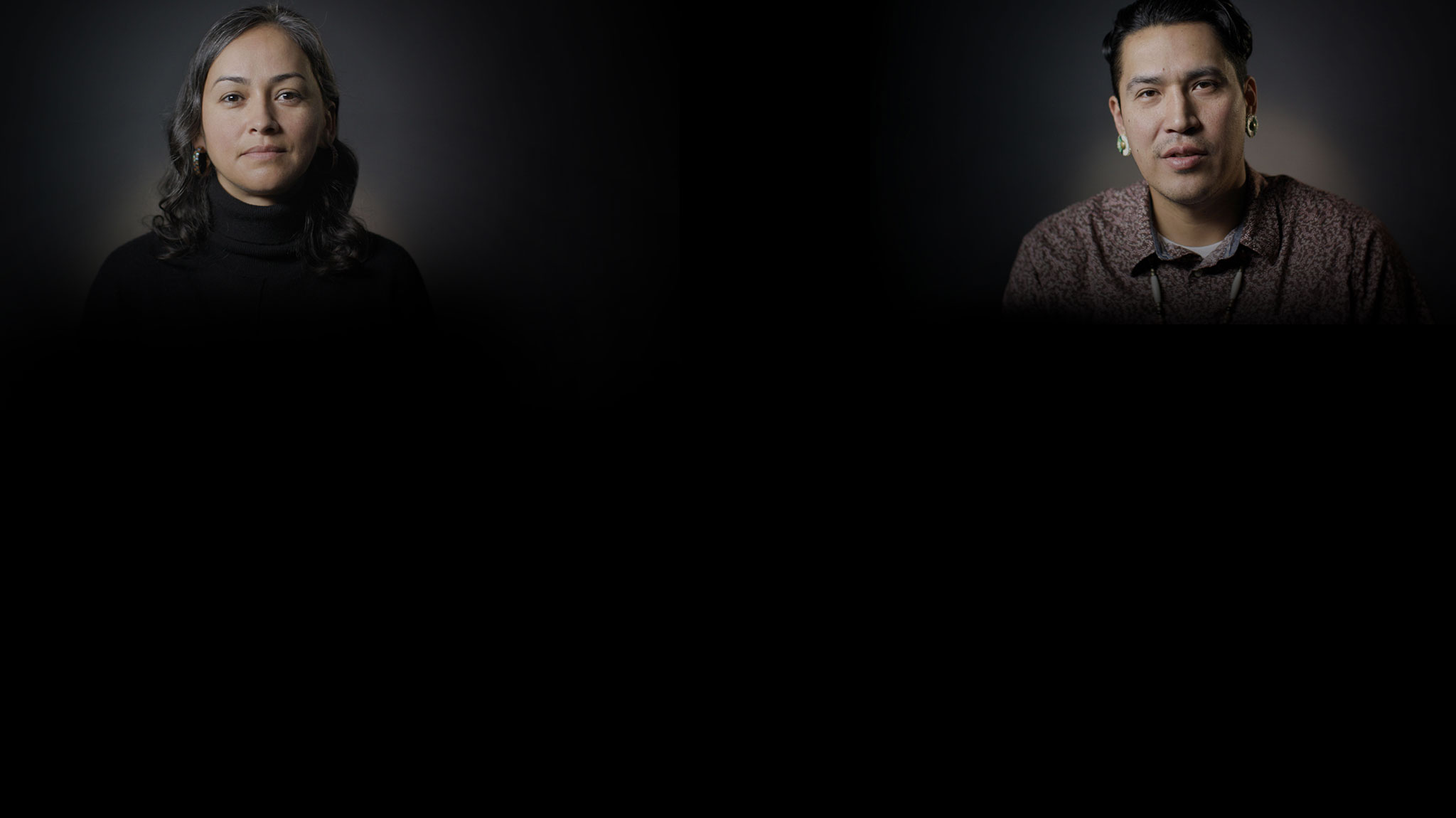“Fierce compassion” is the theme of the 2016 Skoll World Forum.
Some people view compassion as weakness or passivity, but this is a misunderstanding. Some of the strongest and most courageous people in history, the most engaged and dedicated to upholding the rights of others, have been driven by fierce compassion. People like Mother Teresa; Dr. Martin Luther King, Jr; Mahatma Gandhi; and His Holiness the 14th Dalai Lama demonstrate this powerful courage to work tirelessly for the sake of other people.
People like these can’t restrain themselves when they encounter injustice. They are moved to action in the service of humanity. When situations call for it, their actions may appear direct, forceful, and even angry at times. But inside, they are motivated by compassion for others, by love. And they express themselves skillfully, so that their fierceness brings results that benefit others rather than harming them.
His Holiness the Dalai Lama is a prime example. As a spiritual leader of the Tibetan people, His Holiness continues to confront grave injustices—and does so at times with a very firm, tough outer appearance. But inside there is no anger, only compassion, love, forgiveness, and deep insight.
In our Tibetan Buddhist tradition, we learn to fight the inner destructive emotions—anger, jealousy, pride, attachment, and selfishness—with the fierceness of a spiritual warrior. This is hard work. We try to understand who we really are as human beings, which is not this limited, illusory ego that we may sometimes believe ourselves to be.

When we look at the world from a larger perspective, we’re less inclined to develop attachments. This makes us less likely to take things personally and get angry or depressed. It’s from this perspective that compassion can arise.
In the world we often see examples of fierceness without compassion. Even though you believe you’re fighting injustice, if you’re driven by anger you will often end up inflaming a situation and making things worse. Other people’s anger increases, violence increases, and you make yourself more miserable as well. This isn’t skillful action. We need to drop our anger and develop a more expansive perspective that clearly understands all the players in the dramas of injustice that we encounter.
Motivation is the key. If you’re motivated by compassion, your fierceness can actually transform an unjust situation, and help other people.
Fierce compassion isn’t easy to cultivate, but it’s possible, and necessary. We’re part of a family of seven billion human beings whose shared humanity is often obscured by superficial differences—gender, age, ethnicity, education, socioeconomic status, language, culture, and so on. But on a deeper level we are all the same. We all want to be happy. None of us wants to hurt. As a part of this family, we have a responsibility to develop our compassion toward others.
Social entrepreneurs are people who feel the obligation to serve others very acutely. They need to make sure their actions are grounded in compassion, using forceful means when required, but without even a trace of anger, as much to protect themselves as to serve others effectively.
“When we look at the world from a larger perspective, we’re less inclined to develop attachments. This makes us less likely to take things personally and get angry or depressed. It’s from this perspective that compassion can arise.
His Holiness the Dalai Lama frequently meets with groups of Tibetan refugees who have escaped into exile in India, and listens to their stories of intense personal suffering. Now 80 years old, he continues to travel extensively, keeping up a schedule that sometimes exhausts the team of advisors that accompany him.
For anyone else this would be overwhelming, but His Holiness is able to persevere in this demanding work because he is grounded in such profound and insightful compassion for all living beings, without exception.
If we follow his example we will be kind and loving towards others and towards ourselves as well. If we forget our compassion, it’s easy to become depleted and exhausted, and put our physical and mental health at risk.
Compassion is at the root of all the world’s religions, even if it is at times hidden behind the politics of religious institutions. It’s also fundamental to our nature as human beings. From birth we depend on the love and compassion of our parents and caregivers to survive and thrive. Our sense of compassion matures as we grow into adulthood—when we help others, we feel a sense of happiness, of peace and wellbeing.
We need to carry with us an awareness of this fundamental compassion as we confront the many injustices that exist in our world today. We can’t accept injustice—we have to fight, vigorously and with determination. To be of greatest benefit to others and ourselves we need to do so skillfully; not out of anger, but with a motivation of goodness, of service, and when required, of fierce compassion.



